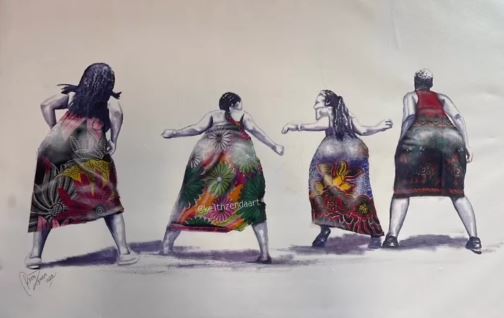Exploring the Rich Cultural Experience of Traditional African Music
African traditional music is more than just a sound; it's an experience that is meant to be felt. It's an art form that requires the assimilation of sound through the body. Drums and Mbira play a vital role in African music. Drums are the most common instrument used in African music, and each tribe has its unique drumming style. The thumb-played Mbira produces a haunting and melodious tone that is essential to the quality of the music.
Music is an integral part of tribal life and is played on every occasion. For dancing, the style is flamboyant, and the manyawi, the spirit of expression and excitement, is allowed to develop the pace and tempo of the tune. On solemn occasions, the music is in keeping with ancient rituals, both controlled and emotional. Performers experience kudzamirwa, a deep sense of movement. Their performances are restrained and profound, often leading to a state of spirit possession.
African songs express everyday events in the lives of the people. The Nurse's Song, for example, is sung to a baby when its mother is working in the fields, while the Presentation Song is sung by the midwife when presenting a newborn baby to the father. The Threshing Song, War Song, and Hunting Song are all descriptive music of tribal life. Usually, song lyrics are repetitive, like the children's song in which the children sing, "The eagle has gone away," and the chorus replies, "So we go round and round." This repetition continues as the children dance in a circle.
Traditional African music is not just a form of entertainment. It's a way of life, a way of connecting with the community and the spiritual world. It's a way of preserving the culture and traditions of the people. African music has a unique sound that has influenced music worldwide, from jazz to hip hop. It's a rich cultural experience that involves the assimilation of sound through the body, and it's worth exploring.
If you want to learn more about African music, there are many resources available. You can listen to traditional African music online or attend a live performance. You can also read books and watch documentaries about African music and its history. By doing so, you can gain a deeper understanding of the music and the culture behind it.
Painting by Keith Zenda
